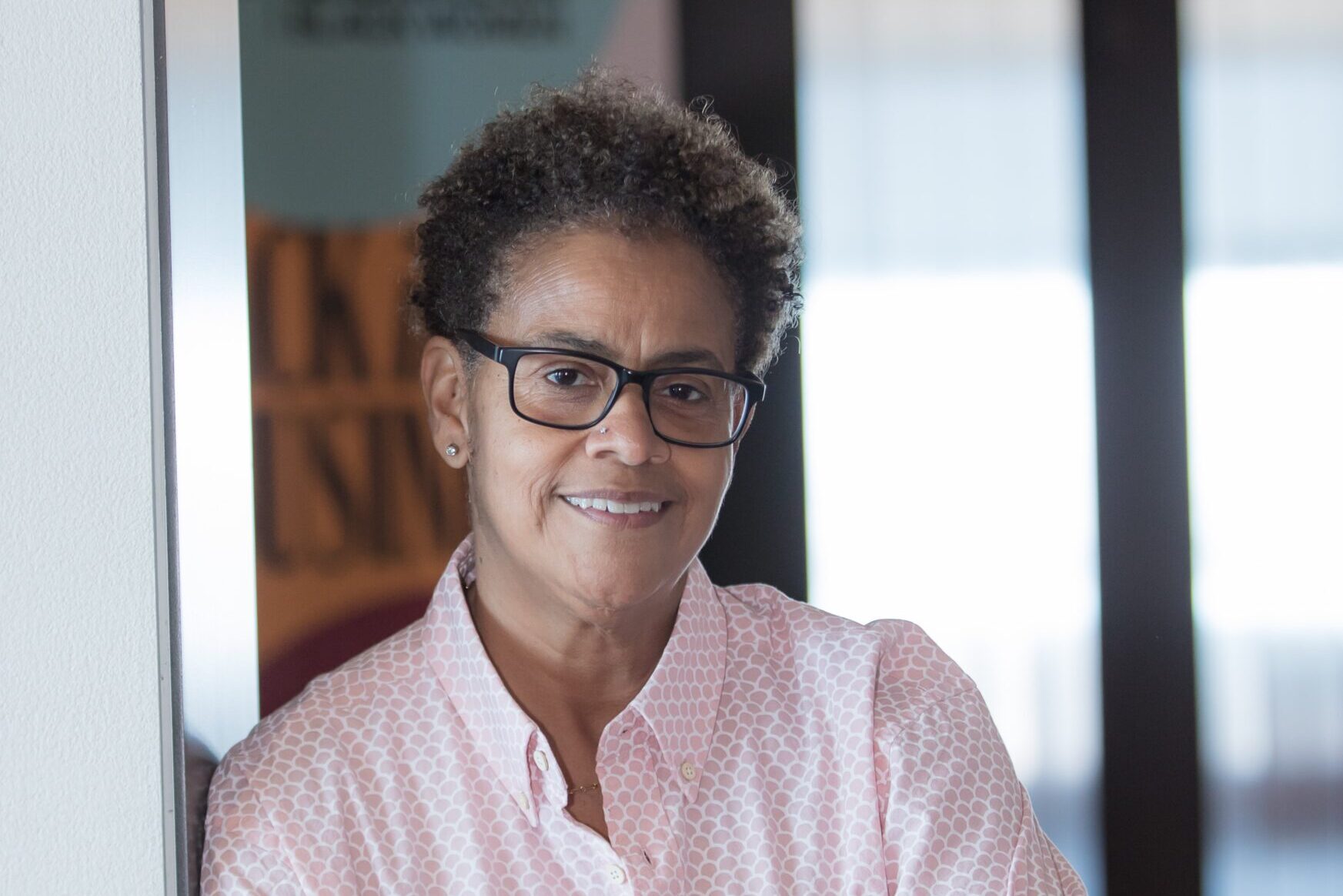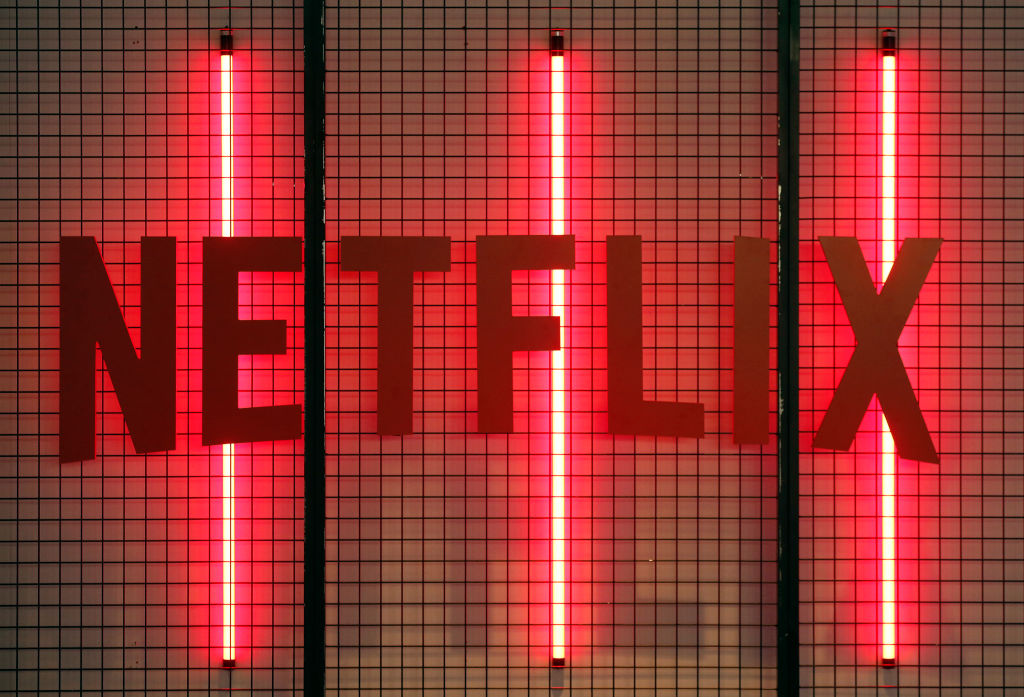The state of venture capital (VC) funding for startups in the United States paints a concerning picture for Black entrepreneurs.
According to insights from Crunchbase, Black-founded startups pulled in a mere $705 million in venture funding in 2023, barely scratching the surface (0.5%) of the colossal $140.4 billion VC pot feeding all U.S.-based startups last year. For the first time since 2016, this drop is below the billion-dollar mark, though still higher than that year’s total of $582 million raised by Black-founded startups. This is particularly striking considering that 13.6% of the U.S. population identifies as Black or African-American, per the United States Census Bureau.
Paul Judge, Ph.D., an entrepreneur and investor who took over as chairman of the Open Opportunity Fund from SoftBank in 2023, highlighted the glaring disparity, noting that in light of these numbers, funding for Black owners should ideally equal around $18 billion, per Crunchbase.
As AFROTECH™ previously reported, when Judge was named chairman and managing partner of the Open Opportunity Fund, he also acquired an ownership stake. He says he knows how challenging it is for Black startups to find funding opportunities and aims to help them showcase their value.
“…Minority entrepreneurs know how to be scrappy, know how to build high-growth businesses, they know how to outperform the markets, and oftentimes, they’re identifying problems that others have overlooked,” Judge told AFROTECH™ at the time.
Since 2021, when Black-owned businesses raked in around $4.9 billion in VC, the downturn has infiltrated all stages of startup growth. Angel and seed rounds, critical for laying the foundation for burgeoning businesses, dropped by 51%, according to Crunchbase.
Funding during a company’s inception can be make-or-break, with these rounds helping early-stage startups develop their product, validate business models, and attract further investment.
Late-stage rounds saw a 73% drop in investment for Black-owned startups. Since these rounds provide crucial capital for scaling operations, their decrease can hinder a startup’s ability to reach its full potential.
Deal volume, the total number of investment rounds or transactions within a certain period, has also decreased significantly, with 173 rounds funded in 2023 — a 48% drop from the previous year.
James Norman, co-founder of Black Operator Ventures, which invests and supports Black entrepreneurs, believes this makes sense considering a two-year trend of investors increasingly focusing on reinvesting in existing founders with established businesses.
Norman emphasizes that the decline in deal volume affects Black founders disproportionately, as there are fewer opportunities for reinvestment in companies led by Black founders. Fewer companies are poised to raise larger late-stage growth rounds when early-stage deal volume is low.
“It’s going to seem a lot more extreme on the Black founders, as it is on others because there’s not as many deals to re-up into that are led by Black founders,” Norman mentioned, per Crunchbase.
While some sectors like artificial intelligence (AI) have witnessed a surge of investor interest, the more consumer-facing sectors, such as e-commerce and app development, have suffered setbacks. San Francisco, CA-based investment management platform Juniper Square, spearheaded by Owl Rock Capital, was the only Black-led business to exceed $100 million in late-stage funding in 2023, with $133 million, the outlet reports.
Other prominent Black-owned companies that had previously done extremely well in raising capital, such as Calendly, Cityblock Health, and Savage X Fenty, the brainchild of music icon Rihanna, have been noticeably absent from the funding arena for the last several years.
This reduction in VC spotlights the inequalities Black and brown people face when attempting to start a business. Despite initial promises of increased diversity from investors after the death of George Floyd in 2020, funding levels still need to improve through concerted efforts to address systemic barriers and biases.

















